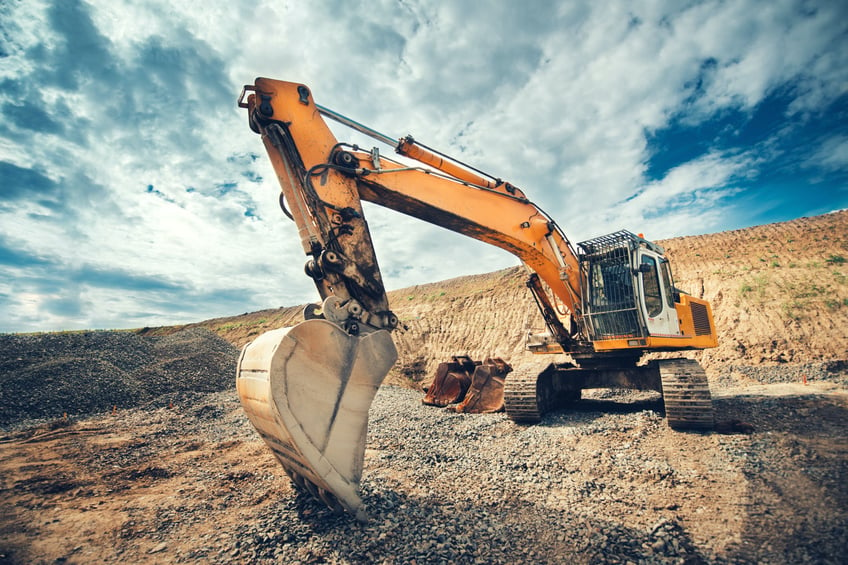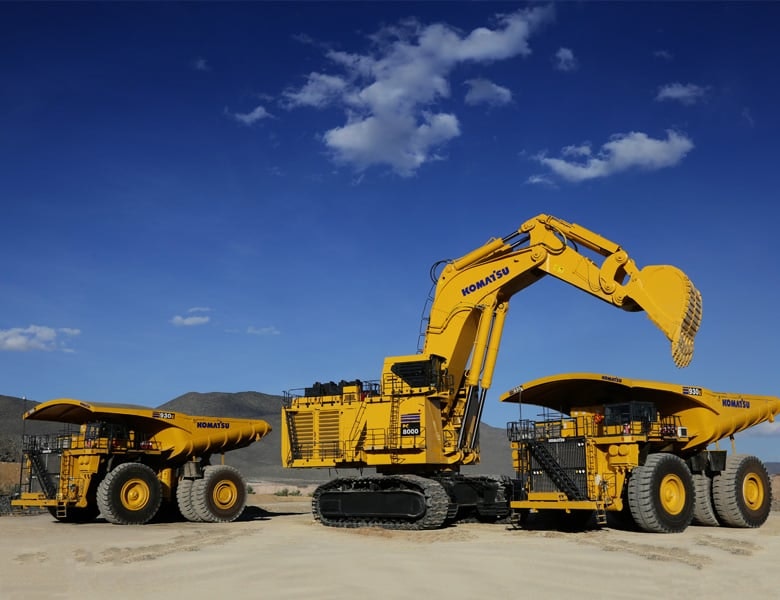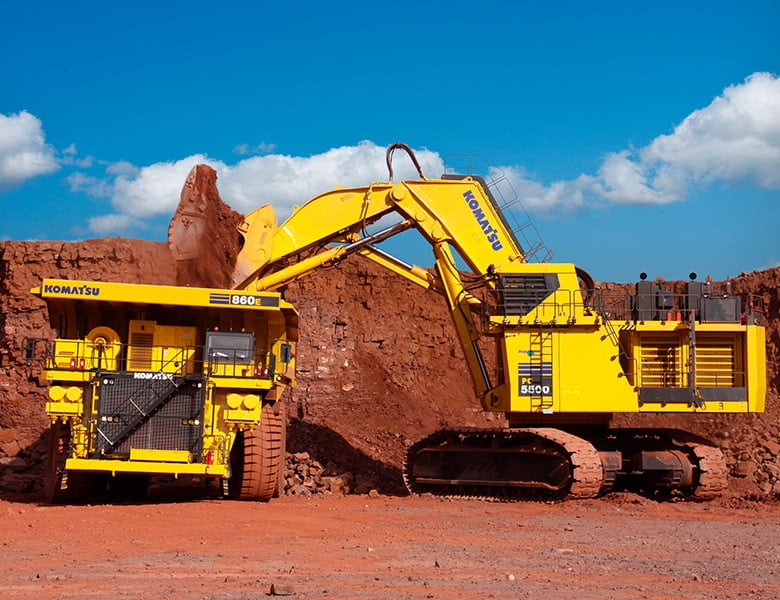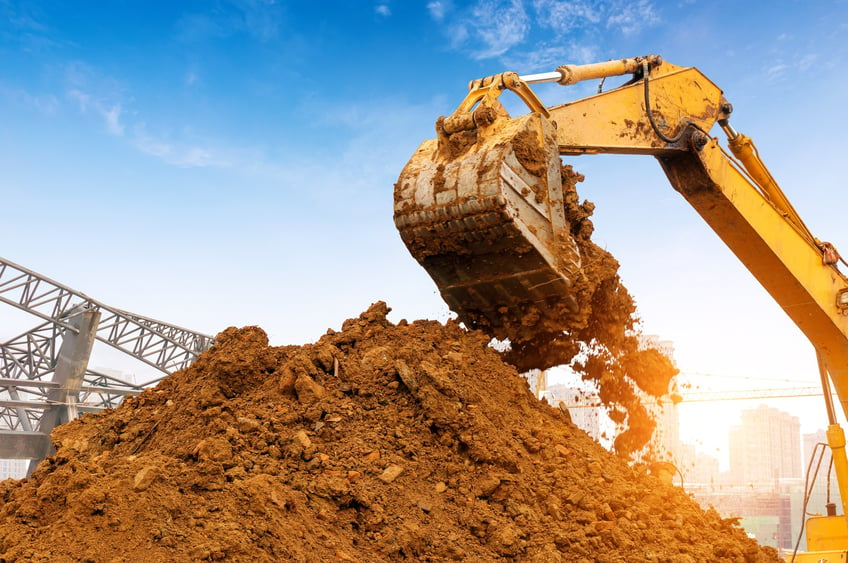It's difficult to beat the effectiveness of an excavator with their myriad attachments and great durability. You’ve probably considered working in excavation or thought of renting a machine for some DIY home excavations, but what are the requirements to operate an excavator? Perhaps you have already read our guide to excavator hire and taking the next step as to whether a licence is needed.
Do you need an excavator licence?

The short answer is no, but it’s not that easy. While you no longer need to possess an excavator licence to operate an excavator for typical excavation jobs, you will need to prove competency in way of certification (DIY use of an excavator on private property is an exception to this). Be wary though, there are still 29 separate classes of high-risk excavator-related work that will still require a special licence.
For typical excavator jobs, instead of having a licence that you need to renew, you now need to prove you have the adequate skills and experience to operate an excavator at the time of hire/operation. Despite this, there is good news for DIY weekend warriors!
You will not need certification for non-commercial use on private property.
No certification or licence is needed if you are hiring a dingo , mini excavator, or excavator for use in a non-commercial DIY project on private property, although a machine supplier will brief you on safety and general operational use.
Need to get work for your excavator? Become a supplier on iseekplant and make a free profile today.
What’s the law in Australia for operating an excavator?

Under new Australian Work Health and Safety Regulations conditions, you no longer need to hold an earthmoving or particular crane (EPC) certificate to operate the following types of equipment:
- Excavator (class LE)
- Front end loader / backhoe (class LB)
- Front end loader (class LL)
- Skid steer loader (class LS)
- Dozer (LZ)
- Grader (LG)
- Scraper (LP)
According to WorkSafe QLD, “as the PCBU with management or control of the plant, you must ensure that operators are competent to use the equipment”. Under the new rules, the business managing the work site is now responsible for ensuring the person that will operate the machine is competent in doing so.
Businesses can facilitate this by means of certification. The management or business in control of the plant (or the supplier in the case of residential DIY project hires) must ensure:
- Operators receive adequate information, training, instruction and supervision
- Operators are competent
- Appropriate use of equipment to minimise any risks to health and safety
Be wary though, you will be required to have a high-risk work licence for activities that cover demolition and asbestos removal, as well as the operation of certain types of cranes and hoists, boom EWPs, forklifts, boilers, steam turbines, and reach stackers.
How can I prove my excavator competency?

While competency assessment is assessed differently by each business, they will generally require tangible evidence or a record of proof that you are capable of operating an excavator. You won’t need to worry if you’ve had a licence previously, have a record of working and operating a heavy machine in Australia or have a record of past excavator training.
However, if you don’t possess any of these, you will likely need to undertake some form of training, which is hugely beneficial in teaching you the best way to operate an excavator. Such training can be acquired by numerous WorkCover Accredited Training and Assessment organisations.
What sort of operator experience is considered?

According to WorkSafe QLD , training can be formal or informal. They state that “formal training includes completing a nationally recognised course delivered by a registered training organisation for a specific type of plant, or training at an industry training school” , while “informal training includes on-the-job training delivered or supervised by a competent person, or in-house job-specific training that involves the plant and associated hazards”.
To determine an operator's competency, the following evidence is used:
- A certificate issued under the repealed Workplace Health and Safety Regulation 2008
- A statement of attainment in a previous Queensland Unit of Competency (e.g. Operate an excavator - OHSCER205A)
- A statement of attainment in the current National Unit of Competency Conduct civil construction excavator operations
- A statement of attainment in the National Unit of Competency Conduct civil construction excavator operations (superseded)
- On-the-job training by an experienced and competent person which can be verified by logbooks or previous employer references
- You can also provide structured in-house training to operators if resources are available at a workplace
- Note - You should keep evidence of competency on file as a record in the event of an incident
How can I hire an excavator?
No matter how big or small your project is or where you are located, iseekplant will have you covered for all of your excavator hire needs. We have hundreds of suppliers across the nation including major cities including Brisbane, Sydney, Melbourne, Canberra, Perth, Darwin and Adelaide. If you still feel as though you need some more information before making a decision subscribe to our Constructionsht Blog to never miss out on industry news, tips and tricks. Publishing invaluable pieces daily such as our excavator and digger price guide, you would be crazy not to!
How can I win work for my Excavator?
Register your plant hire company today with iseekplant and get discovered by thousands of people looking for heavy equipment. Our numbers grow every week. Many of Australia's largest companies procure plants through iseekplant. This is a genuine way to get your excavator out working. So what are you waiting for?
Source: WorkSafe QLD & Australian Government


